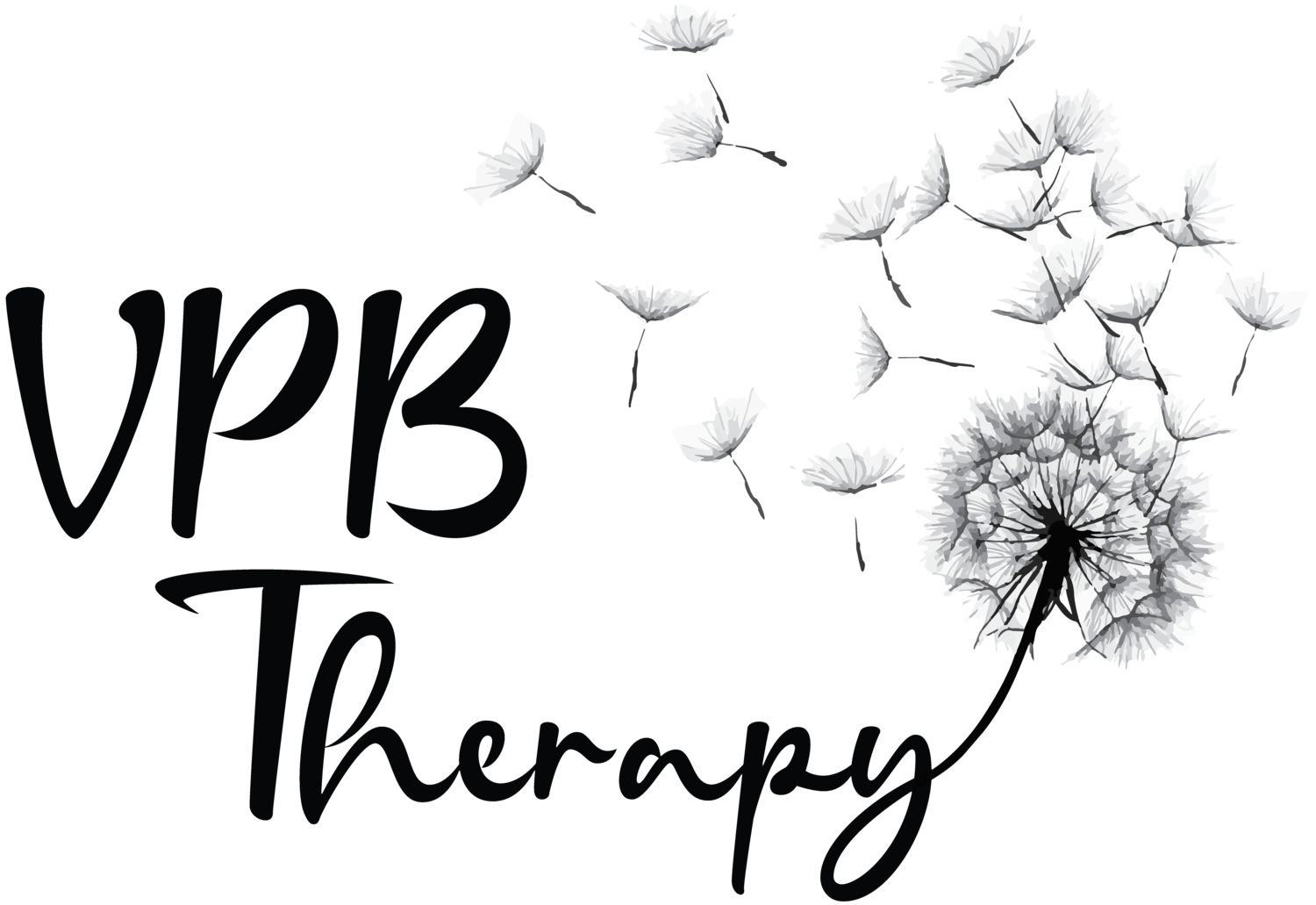
Individual Therapy vs. Couples Counseling
When navigating challenges in life and relationships, deciding the best type of therapy to pursue can be confusing. While both individual therapy and couples counseling aim to improve your mental health and interpersonal relationships, they serve distinct purposes. Understanding which is right for you depends on the nature of the issues you’re facing and your personal goals for growth and healing..
Why You Might Need an Individual Therapist Instead of Couples Counseling
What is Individual Therapy?
Individual therapy focuses exclusively on you—your emotions, thoughts, behaviors, and personal experiences. This one-on-one approach with a trained therapist provides a safe and confidential environment to explore various aspects of your life, including:
Mental health conditions like anxiety, depression, or PTSD
Past trauma or unresolved emotional pain
Self-esteem and confidence issues
Interpersonal relationships
Career or life transitions
Personal growth and self-awareness
Individual therapy empowers you to better understand yourself, develop healthier coping mechanisms, and work toward your unique goals.
Benefits of Individual Therapy
Individual therapy offers numerous advantages for personal growth and emotional well-being. Here are some key benefits:
Personalized Attention The one-on-one format ensures that the therapy sessions are tailored specifically to your needs, allowing for a deeper exploration of your thoughts and feelings.
Safe Space for Self-Expression Therapy provides a judgment-free environment where you can openly share your concerns, fears, and experiences without fear of criticism.
Improved Emotional Regulation By learning effective coping strategies, you can manage stress, anxiety, and other emotional challenges more effectively.
Increased Self-Awareness Therapy helps you identify patterns in your behavior and thought processes, enabling you to make positive changes and better understand yourself.
Enhanced Problem-Solving Skills Working through challenges with a therapist’s guidance can help you develop new perspectives and practical solutions to life’s difficulties.
Healing from Trauma Individual therapy is particularly beneficial for addressing past traumas and working through unresolved pain in a supportive environment.
Empowerment and Confidence Therapy can boost your self-esteem and equip you with tools to face challenges with resilience and confidence.
Better Relationships By addressing personal issues, you can improve how you interact with others and build healthier, more fulfilling relationships.
What is Couples Counseling?
Couples counseling, on the other hand, involves both partners in a relationship and centers on improving communication, resolving conflicts, and strengthening the bond between the two of you. Typical issues addressed in couples therapy include:
Frequent arguments or poor communication
Infidelity or trust issues
Intimacy concerns
Major life changes affecting the relationship
Decisions about the future of the relationship
Couples counseling focuses on the dynamics between partners rather than individual experiences. It aims to foster mutual understanding and collaboration to build a healthier relationship. Vanja provides individual therapy only but collaborates with other therapists who see couples and can provide referrals for couples counseling upon request.
When to Choose Individual Therapy
When to Choose Individual Therapy
While relationships can often feel like the source of stress, not all challenges require couples counseling. Here are some scenarios where individual therapy may be more appropriate:
Personal Emotional Challenges If you’re experiencing depression, anxiety, or other mental health concerns, individual therapy can help address these issues without the additional layer of relationship dynamics.
Past Trauma Affecting Current Relationships Unresolved trauma from childhood or previous relationships can shape how you interact with others. Individual therapy provides a focused space to work through these experiences and heal.
Desire for Personal Growth If you’re seeking to improve self-awareness, build self-esteem, or achieve personal goals, individual therapy allows you to focus entirely on your journey.
Navigating Major Life Changes Sometimes, personal stressors such as job loss, grief, or health issues can strain relationships. By addressing these challenges individually, you can gain clarity and strength to improve not only your own well-being but also your contributions to the relationship.



